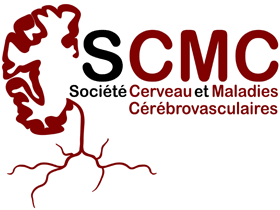Post-doctoral Research Associate
University of Sheffield UK - Department of Neuroscience
Contract Type: Fixed-term for three years
Working Pattern: Full Time
Salary: Grade 7, £28,685 to £36,298 per annum with potential to progress to £39,649
Job Reference Number: UOS007813
We are seeking a highly motivated scientist to carry out research projects in Translational Cerebrovascular Disease. We are exploring innovative cerebroprotection strategies with the central purpose of developing novel clinical therapies for devastating vascular diseases of the brain. You will have an excellent research and publication track record and will contribute to the work of an internationally recognised research group. You must possess excellent organisation skills and the ability to interact well within a group. You should be qualified to PhD level (or equivalent) in Neuroscience or Biological Sciences and have experience and interest in translational research.
You will use in vivo and in vitro approaches to determine the molecular and cellular pathways that underlie preconditioning and cerebroprotection in the brain. We have already identified candidate pathways but these require further elucidation. After elucidation, pharmacological manipulation of the most ‘promising’ pathway would be the next step with the aim of developing a clinical therapy.
Expertise with cell culture (neuronal and astrocytic) and focal ischaemia models of stroke would be a considerable advantage
To apply for this role, please contact Professor Majid
Closing Date: 9 October 2013
Professor Arshad Majid
majidarshad@msn.com
Professor of Cerebrovascular Neurology
Sheffield Institute for Translational Neuroscience (SITraN)
University of Sheffield
385A Glossop Road
SHEFFIELD S10 2HQ
